Embedded C and AUTOSAR Overview
Loại khoá học: Software Engineering
AUTOSAR concepts and BSW Modules are covered
Mô tả
When I started working as a professional, I tried searching relevant contents and explanation on Autosar but I was unable to find a structured course online, there were just huge documents and it was difficult to understand for a new person, so this led me to make this course so that others benefit from my experience.
AUTOSAR is a very important and vast topic in automotive industry. It is ubiquitous and its knowledge is a must. In today's market we have a huge demand for professionals with Autosar knowledge.
I have designed this course for individuals who want to learn about autosar and also for those who are preparing for interviews. I have tried to cover the important topics and modules in this course. I will keep updating the course with more topics based on your feedback and queries.
In this course below topics is covered keeping interview process in mind:
- Autosar concepts, use case and methodology
- BSW Modules: DCM, Dem, BSWM, ECUM, Nvm
- Rte Module
- UDS, CAN and OBD protocols
- Embedded C
After taking this course you will have better understanding of Autosar
Feel free to reach me on LinkedIn for more information on course.
Happy learning and all the best!!
Bạn sẽ học được gì
Embedded C
Understanding of Autosar Diagnostics (Dem, Dcm and CanTP modules, UDS and OBD protocols)
Understanding of the Autosar Architecture and its benefits and its methodology
Overview of layered Autosar architecture
ECUM and BSWM modules of AUTOSAR
Undersatnding of NvM module
This is an evolving course, and more topics will be added based on feedback and queries
Understanding of Rte concepts
CAN Protocol
Yêu cầu
- Basic knowledege of AUTOSAR and intrest to learn.
Nội dung khoá học
Viết Bình Luận
Khoá học liên quan

Đăng ký get khoá học Udemy - Unica - Gitiho giá chỉ 50k!
Get khoá học giá rẻ ngay trước khi bị fix.

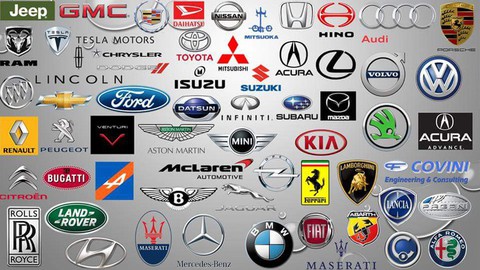
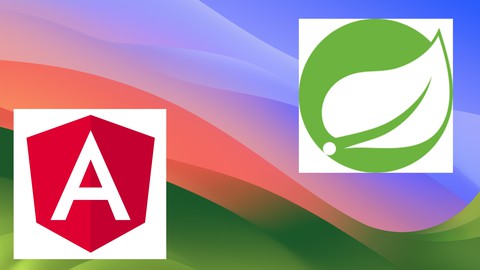
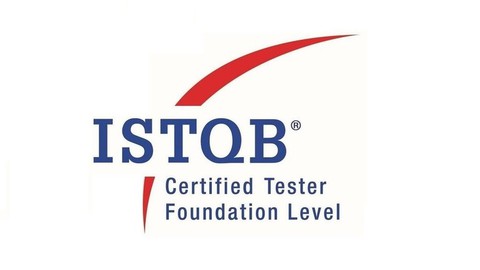
![[NEW] Spring Security 6 Zero to Master along with JWT,OAUTH2](/uploads/courses/udemy/3485044_ef54_2.jpg)


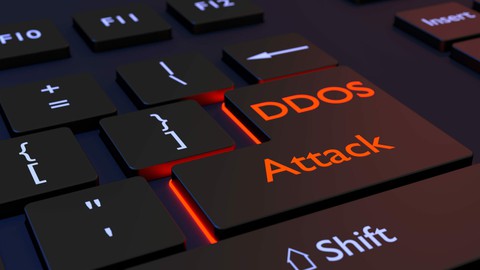
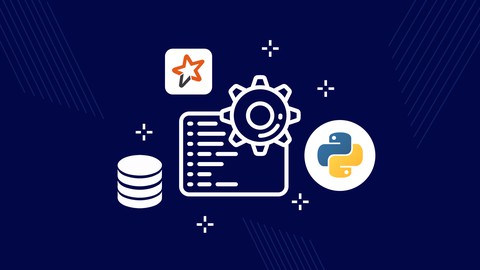
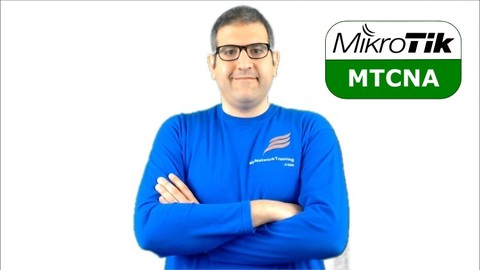
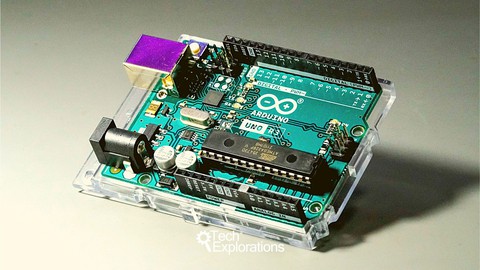

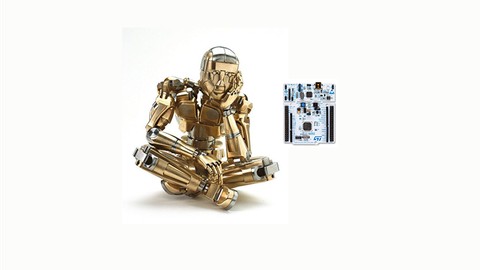

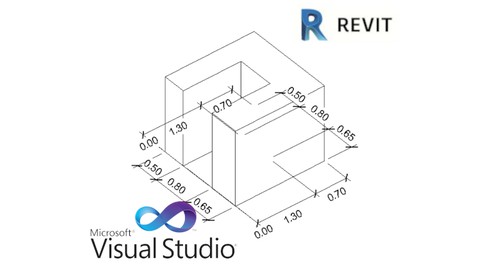
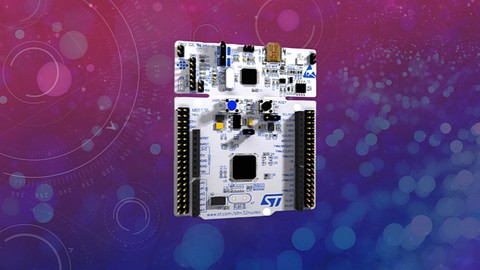
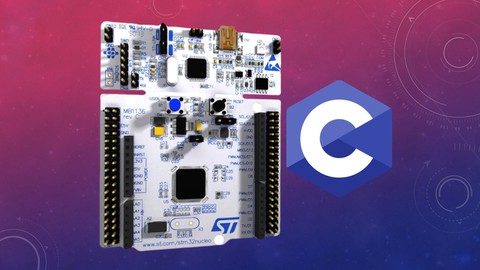
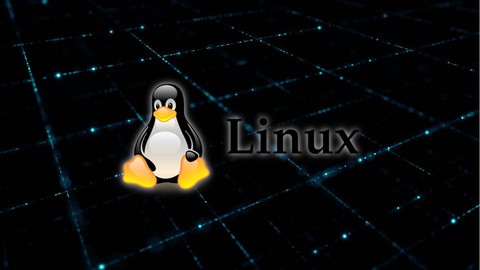
Đánh giá của học viên
Bình luận khách hàng